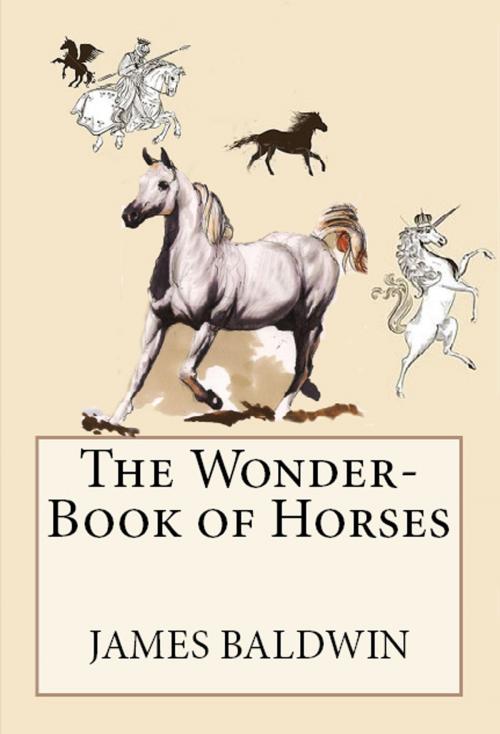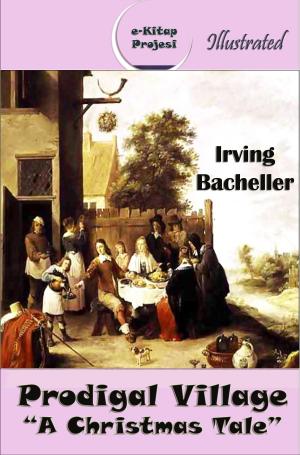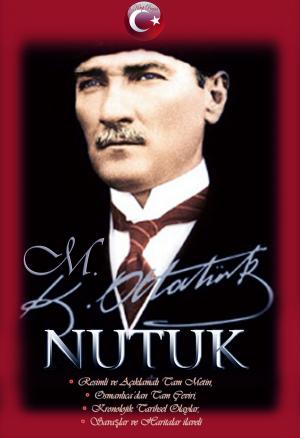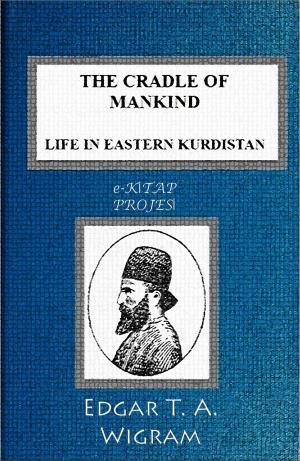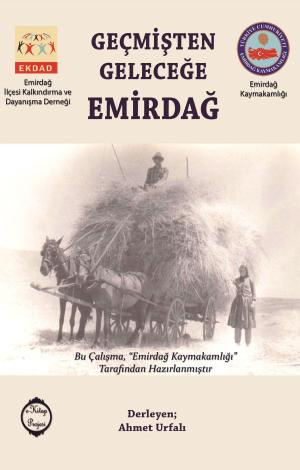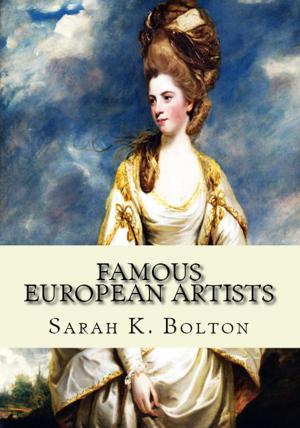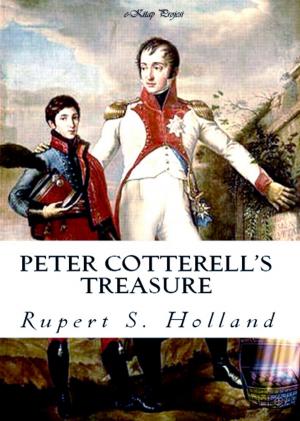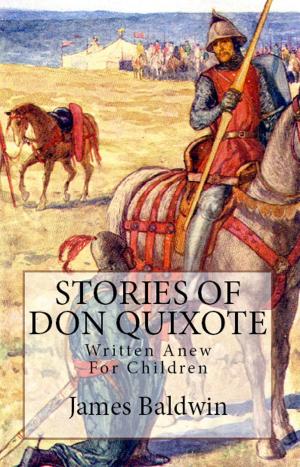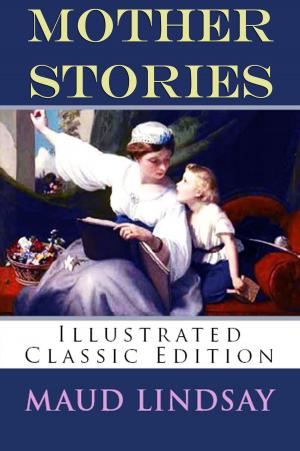| Author: | James Baldwin | ISBN: | 9786059496759 |
| Publisher: | eKitap Projesi | Publication: | June 29, 2017 |
| Imprint: | eKitap Projesi | Language: | English |
| Author: | James Baldwin |
| ISBN: | 9786059496759 |
| Publisher: | eKitap Projesi |
| Publication: | June 29, 2017 |
| Imprint: | eKitap Projesi |
| Language: | English |
SINCE the publication of my larger book, "The Horse Fair," many letters have been received from teachers and their scholars telling of the pleasure derived from the reading of it, and incidentally suggesting that much of its contents is directly in line with the courses of literary instruction pursued in our elementary schools. This suggestion has led me to col-lect certain of the stories into a smaller volume especially adapted for use as a school reading-book.
The eighteen stories in this volume have been chosen with a thought to their educative value as well as for the intrinsic charm of the original narratives, which in various forms have delighted many generations of readers. All have a literary interest connecting them with subjects with which every educated person is supposed to be familiar. In the first four, you will be introduced to the sun myths and season myths of the Greeks and of our Norse ancestors. Following these, the tale of song-inspiring Pegasus is presented in contrast with that of Griffen, the base imitation invented by the romancing poets of the Middle Ages.
Then in "The Ship of the Plains," you may read of the mythical founding of Athens; and in the sketch that follows, you may enjoy a brief glimpse of Arabic imagery in the story of one of the most interesting episodes in the life of the prophet Mohammed. The story of the twin brethren will acquaint you with the thought of some of the old Latin writers, while the tale of Rakush will give you a taste of Persian literature as it is found in the great epic written by Firdusi. The romances of Charlemagne and his peers are represented by the story of Broiefort and his indomitable master; and the world-famous Don Quixote is introduced by his sorry but scarcely less famous steed, Rozinante.
SINCE the publication of my larger book, "The Horse Fair," many letters have been received from teachers and their scholars telling of the pleasure derived from the reading of it, and incidentally suggesting that much of its contents is directly in line with the courses of literary instruction pursued in our elementary schools. This suggestion has led me to col-lect certain of the stories into a smaller volume especially adapted for use as a school reading-book.
The eighteen stories in this volume have been chosen with a thought to their educative value as well as for the intrinsic charm of the original narratives, which in various forms have delighted many generations of readers. All have a literary interest connecting them with subjects with which every educated person is supposed to be familiar. In the first four, you will be introduced to the sun myths and season myths of the Greeks and of our Norse ancestors. Following these, the tale of song-inspiring Pegasus is presented in contrast with that of Griffen, the base imitation invented by the romancing poets of the Middle Ages.
Then in "The Ship of the Plains," you may read of the mythical founding of Athens; and in the sketch that follows, you may enjoy a brief glimpse of Arabic imagery in the story of one of the most interesting episodes in the life of the prophet Mohammed. The story of the twin brethren will acquaint you with the thought of some of the old Latin writers, while the tale of Rakush will give you a taste of Persian literature as it is found in the great epic written by Firdusi. The romances of Charlemagne and his peers are represented by the story of Broiefort and his indomitable master; and the world-famous Don Quixote is introduced by his sorry but scarcely less famous steed, Rozinante.
